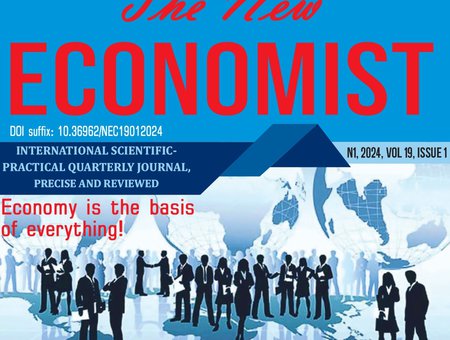Georgia's agricultural sector possesses vast potential in terms of land resources, biological diversity, and available labor force which can be effectively leveraged to meet the food demands of the population and bolster the export of agricultural products. Furthermore, the innovative advancement of the sector is intricately linked with the adoption of modern information technologies. To enhance the efficiency of the agricultural sector amidst rapidly evolving market needs and regulatory standards, the digitalization of production technologies and management systems plays a pivotal role. However, while the technological aspects of the digital transformation progress, the development of employees digital skills, the encouragement of collective decision making, and the instillation of a culture of information technology knowledge all remain crucial components of the process. This paper proposes approaches for constructing a skills model for employees in the agrarian sector, and delineates the requisite skills for employees amid the sector's digitalization. In Georgia's economy, information technologies are rapidly advancing towards establishing a sustainable and secure information and telecommunication infrastructure. This is a direct approach which aims to transform Georgia into not only an advanced digital-agrarian country but also a state with cutting-edge, high-tech production and organization capabilities. Despite the pressing nature of the issue, the digital transformation of the agricultural sector significantly lags behind similar advancements in other industries. One of the key obstacles hindering the digitalization of Georgia's agricultural sector is the low level of information literacy among employees and a shortage of digital skills. A methodological approach is imperative for developing digital competencies among agricultural workers. This approach encompasses defining goals, tasks, and principles, determining educational formats, technologies, and tools, as well as establishing methods for assessing skill development. Consequently, this initiative will help alleviate the shortage of highly skilled personnel in the agricultural sector and address the challenge of fostering economic growth amidst the sector's digitalization.



